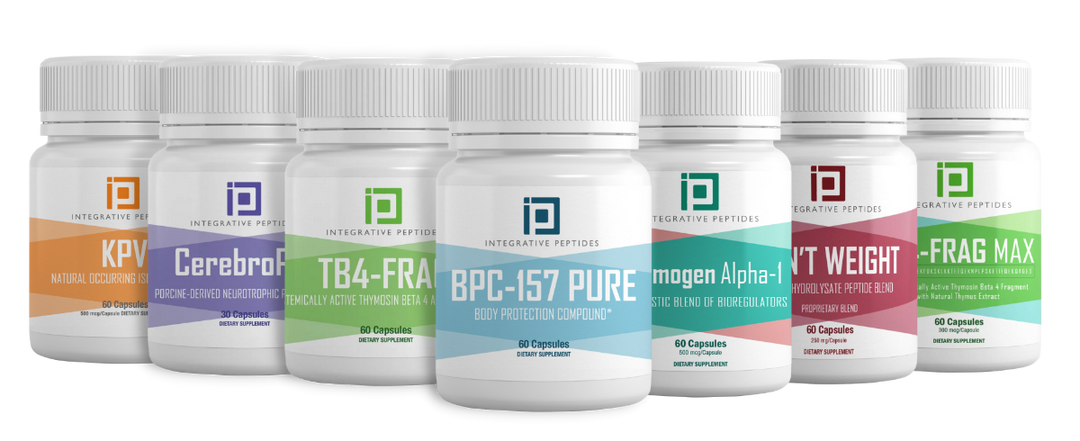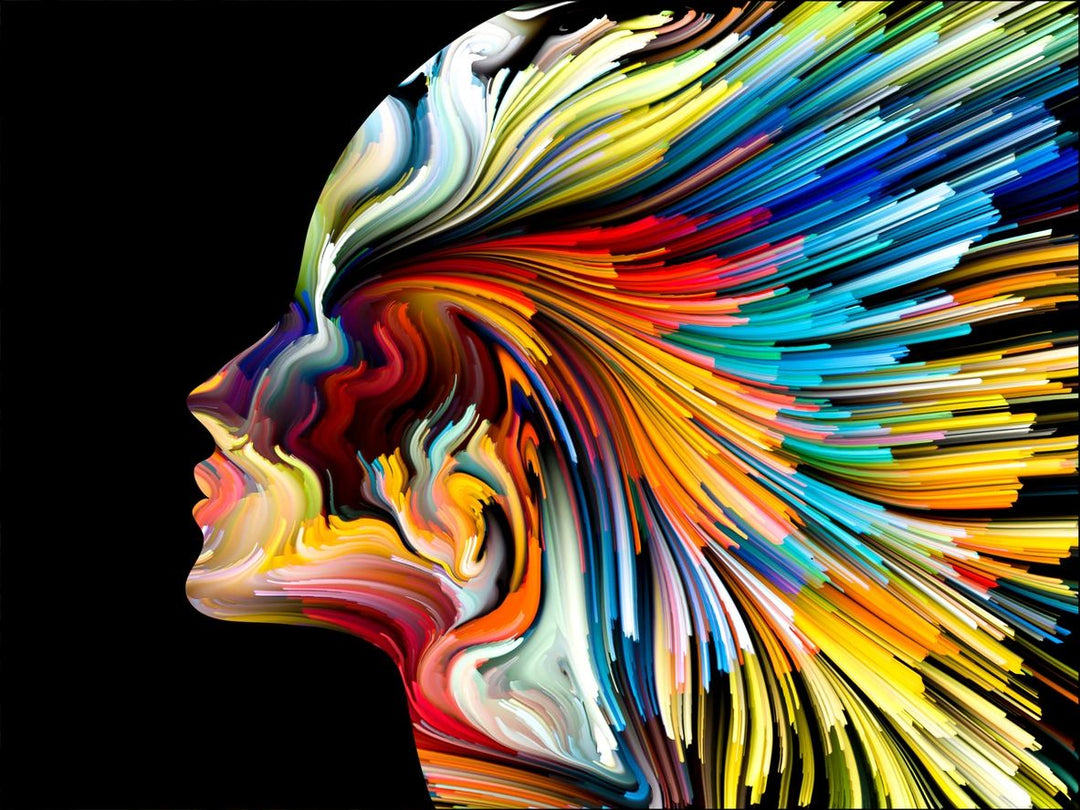
What is Hair Loss? Alopecia is a medical term for hair loss, and it refers to the loss of hair from the head or any part of the body. The head is most commonly involved, and the severity can vary from small patches to the entire body. Many known factors cause hair loss, but in this article, we will discuss how alcohol can cause hair loss. Apart from alcohol consumption, genetics, and nutritional deficiencies play a vital role in any hair loss.
It is normal to lose few (50 to 100) hairs per day as this small loss from the head is unnoticeable. Hairs have a growth cycle by which the new ones replace the lost hairs. This growth cycle is disrupted, resulting in hair loss. It is not possible to count the number of lost hairs per day. It usually becomes noticeable when you notice a large amount of hair in the drain after washing or in the brush. You might also notice thinning or hairs, patches of hair loss, or baldness. Hair loss can be gradual and may take years to become noticeable; however, it can be abrupt in some cases, as in cases of drugs or medications. The treatment of hair loss depends on finding the exact cause.

Alcohol Cause Hair Loss
How is Alcohol Linked to Hair Loss?
Lifestyle factors such as diet, smoking, drinking are predictors of health. All these factors contribute to good health and physical appearance. Having poor health will ultimately affect the physical appearance of a person. Alcohol consumption has many effects on the body that also affect physical appearance like it can cause hair loss. Hairs are an essential aspect of personality, and having hair loss can be stressful. Alcohol does not act directly on hairs causing hair loss, but it does cause body changes that will lead to hair loss. Not everyone consuming alcohol has hair loss, but regular or excessive consumption can result in hair loss. Following are the effects of alcohol that causes hair loss:
Alcohol Consumption Can Lead to Malnutrition
One of the main reasons for which alcohol causes hair loss is malnutrition. It can be because of:
● Inadequate intake of nutrients because of unhealthy dietary choices.
● The inability of the body to absorb nutrients from the food.
Nutrients such as iron, zinc, copper, protein, vitamin D, Vitamin A, and many others are essential for the healthy growth of hairs. Consuming too much alcohol contributes to nutritional deficiency by insufficient intake of nutrients or by malabsorption. Drinking alcohol in excess means consuming calories with no nutritional benefits that shift the focus from consuming a nutritious diet to unhealthy diet options. Due to insufficient intake, the body does not get the required amounts of protein, carbohydrates, vitamins, fats, and minerals for a healthy scalp and hair.
The other effect of alcohol is the disruption in absorption processes by destroying the lining of the stomach. The blood absorbs the nutrients, vitamins, and minerals from the stomach lining that alters the absorption process, thereby causing a deficiency in the body. Drinking excessively also has a diuretic effect that can wash away some of the nutrients like potassium and magnesium, which are essential for sustaining healthy hairs.
Alcohol effects Thyroid
Thyroid hormones are essential for hair growth, and hypo or hyperthyroidism results in hair loss. Drinking alcohol excessively or regular basis can affect the thyroid and hypothalamic-pituitary axis, causing thinning hair or hair loss. Studies have also shown a strong connection between alcohol withdrawal and thyroid disorders due to chronic damage to the thyroid gland caused by alcohol.

Alcohol Causes Dehydration
Alcohol Causes Dehydration
Proper hydration is vital for health as water makes 55 to 75 percent of body weight in humans. Severe dehydration due to any reason can lead to life-threatening conditions. Mild to moderate dehydration leads to improper functioning of body systems. It significantly affects physical and mental performance. Alcohol causes dehydration, which can be proven by its diuretic property and needing pints of water in the morning after night hangovers, causing people to feel weak due to the loss of nutrients and water from the body’s diuresis.
Adequate hydration plays a vital role in the health of hair follicles and hair growth. Dehydration causes loss of elasticity and strength, which causes damage to the hair shaft and hair follicles in the long term. Dehydration also causes the skin to become dry and itchy that also promotes scalp damage. So, alcohol leads to dehydration that affects many organs, including skin, and ultimately damages hair follicles impacting hair growth resulting in hair loss.
Alcohol Consumption Raises Blood Sugar Levels
Blood sugar, or glucose, is the primary source of energy for the body and brain cells. The brain cells solely rely on glucose for their energy. But too much or too low glucose in the bloodstream can occur if the body cannot metabolize it properly, either due to insulin resistance or due to underproduction of insulin. Many types of alcohol have high amounts of added sugars in it, and people with insulin resistance cannot utilize or metabolize this sugar, leading to increased amounts in the blood. Studies have shown evidence of androgenetic alopecia caused by insulin resistance. It is suggested that insulin resistance plays a role in follicle miniaturization, contributing to hair thinning and hair loss. The other factor causing hair loss in persons with insulin resistance is that they have higher insulin-like growth factors (IGF-1) that stimulate androgen production. The production of androgens (DHT) is also believed to be the trigger factor for hair loss.
Alcohol Consumptions Causes Liver Damage
The liver is badly affected by alcohol consumption disrupting all bodily functions. Alcohol is metabolized in the liver. When consumed in excess, surpassing the liver’s capacity to metabolize alcohol completely, certain by-products and harmful toxins are produced, impacting liver functioning. It is well-known that the liver plays an essential role in immunity, and when it is affected by excessive alcohol, it cannot actively play a part in immune functioning. It can lead to inflammation in various parts of the body, including hair follicles. Inflamed hair follicles lead to miniaturization, which results in hair thinning and hair loss. The liver also produces bile that digests nutrients from the food. Excessive alcohol declines the functional capacity of the liver, causing poor digestion and nutrient uptake. It will result in nutritional deficiencies, which will also impact hair growth.
Preservatives and Additives in Alcohol are Harmful
No product is free from preservatives. These are found in almost every food, cosmetics, and even in medicine. Alcohol is also not free from preservatives, which are used to prolong shelf life and kill the bacteria that make the product unusable or harmful for consumption. Preservatives are suitable for business owners and manufacturers and adequate for food, but they are not ideal for human health in any way. In the human gut, they can kill beneficial or good bacteria that are carrying many bodily functions. Killing such beneficial bacteria can harm the body in several ways giving rise to many health conditions, among which hair loss is also seen.
Alcohol Decreases Levels of Folic Acid
Folic acid is used to treat folate deficiency, and it is essential for the production of red blood cells and the formation of DNA. Folate deficiency is seen in patients with androgenetic alopecia and telogen effluvium. In persons who consume alcohol in excess, folate deficiency is prevalent because it interferes with folate absorption and increases folate excretion in urine.
Folate is required for red blood cell production, which means its deficiency impairs RBCs production leading to lower oxygen and nutrients delivered to body cells, including hair follicles. With fewer nutrients supplied, hair health is impacted and causes hair loss.

Alcohol Interferes With Sleep
Alcohol seems to induce sleep, but it affects sleep quality because of tiredness and irritability. Studies have shown that alcohol leads to less sleep quality, and improper sleep leads to stress, which is a causative factor for many types of hair loss in both men and women. There are many ways in which stress causes hair loss.
● Stress induces neurogenic inflammation, and persons already having androgenetic alopecia are suffering from miniaturization of hair follicles due to inflammation. Stress-induced inflammation will further worsen hair loss.
● Stress induces cytokine production or imbalance that will accelerate inflammation.
● Stress also affects the oxygen-carrying capacity of red blood cells, reducing oxygen availability to hair follicles and impacting hair growth.
Alcohol Leads to Hormonal Imbalance
Hormonal imbalance is one of the common causes of hair loss, and alcohol is linked to an increase in estrogen levels. It is a female hormone responsible for female secondary characteristics that, if present in males, can cause weakening of hair follicles and hair loss. And abnormal levels of estrogen in females also affect hair growth along with many other health problems.
In 2012 Chinese researchers discovered that estrogen promotes hair growth cycle retardation in mice. This study suggests that in males, higher levels of estrogen can cause the hair follicles to enter the catagen phase prematurely or even result in telogen effluvium.

How to Avoid Alcohol-Induced Hair Loss?
If you are worried or noticing hair loss due to excessive alcohol consumption, keep in mind that it is not permanent. You can make changes such as lifestyle and diet to reverse hair loss. The foremost thing is to cut down on your drinking, or if you can stop drinking, it will be much beneficial for your health and hair. The second thing is to introduce nutritional supplements with all the essential vitamins and minerals. It will minimize the incurring deficiencies in the body. Take care of your diet and try to eat a healthy balanced diet. It will reduce the side effects of alcohol, resulting in hair loss.
Conclusion
Alcohol is not suitable for a person’s overall health, but it is now becoming common, so care must be taken to address its side effects before they become severe. Alcohol consumption in excess is linked to hair loss because of many reasons. It leads to nutritional deficiencies, poor eating and sleeping habits, hormonal imbalances, raises blood sugar levels, and causes liver damage. These effects are gradual and ultimately affect hair follicles, hair growth cycle, and hair loss. If you cannot stop drinking alcohol altogether, you must restrict its intake and introduce nutritional supplements in your routine, which will counteract the deficiencies caused by alcohol, and the chances are that you might suppress hair loss to some extent.
References
- https://www.healthline.com/health/hair-loss#TOC_TITLE_HDR_1
- https://www.ncbi.nlm.nih.gov/pmc/articles/PMC4144211/
- https://www.hairguard.com/does-drinking-alcohol-cause-hair-loss/
- https://www.healthline.com/health/alcohol-and-hair-loss#smoking
- https://www.ncbi.nlm.nih.gov/pmc/articles/PMC5315033/
- https://www.therecoveryvillage.com/alcohol-abuse/faq/alcohol-and-hair-loss/
- https://www.thesun.co.uk/fabulous/7791925/alcohol-hair-loss-bald-reasons/




Leave a comment